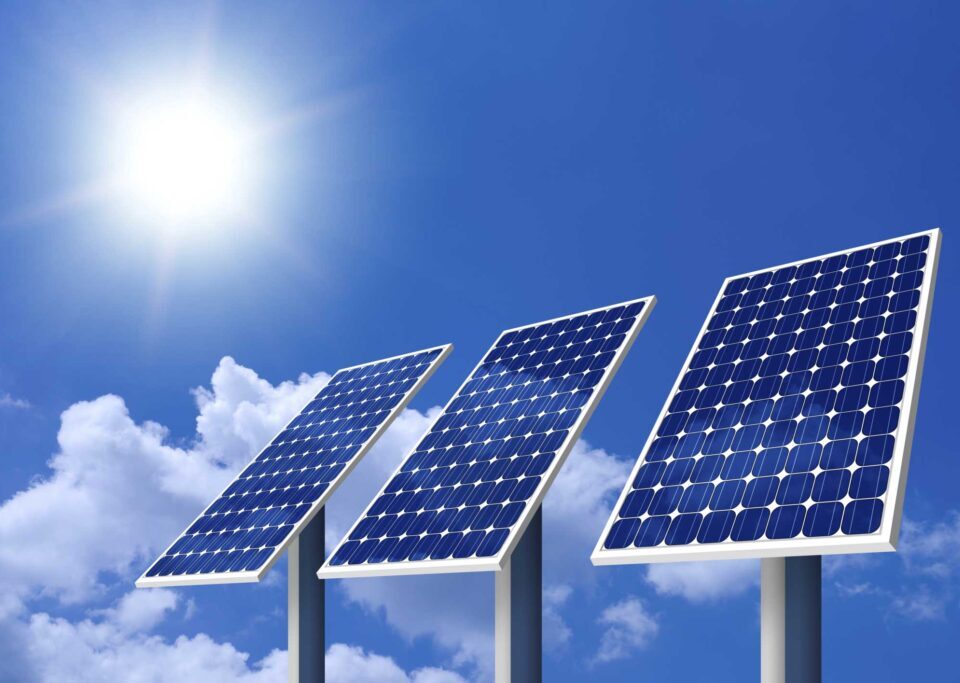
Solar Panel Installation: A Step-by-Step Guide
February 13, 2025Introduction
Solar panels are a long-term investment in renewable energy, but their efficiency and lifespan depend on proper maintenance. A well-maintained solar system can last 25 to 30 years or more while maintaining high energy output. This guide will cover essential maintenance tips to maximize your solar panel performance and longevity.
How Long Do Solar Panels Last?
Modern solar panels typically have a lifespan of 25 to 30 years, with some high-quality panels lasting even longer. The longevity depends on factors such as the manufacturing quality, installation process, and maintenance routine. However, while panels do not suddenly stop working after their warranty period, their efficiency may gradually decline.
Factors Affecting Solar Panel Lifespan
Several factors influence how long your solar panels will remain efficient:
1. Quality of Solar Panels
Higher-quality panels from reputable manufacturers tend to last longer and degrade at a slower rate. Investing in premium panels can lead to greater long-term savings.
2. Environmental Conditions
Solar panels exposed to extreme weather, such as heavy snowfall, hail, or strong winds, may degrade faster. Coastal areas with saltwater exposure can also impact durability.
3. Installation Quality
Proper installation ensures panels are securely mounted and positioned for maximum sunlight exposure. Poorly installed panels may suffer from structural damage over time.
4. Regular Maintenance
Routine cleaning and inspection play a crucial role in preventing efficiency loss. Neglecting maintenance can lead to dirt buildup and decreased power generation.
Essential Solar Panel Maintenance Tips
To ensure your solar panels remain in top condition, follow these maintenance best practices:
1. Regular Cleaning to Remove Dirt and Debris
Dust, leaves, and bird droppings can reduce sunlight absorption and lower energy production. Clean your panels every 3 to 6 months using:
- A soft brush or sponge
- Mild soapy water
- A garden hose (avoid high-pressure washers)
For panels in dusty or pollen-heavy areas, consider cleaning them more frequently.
2. Check for Physical Damage
Inspect your panels for cracks, scratches, or any loose connections. Damaged panels can lead to power loss and should be repaired or replaced promptly.
3. Monitor Energy Output
Use a solar monitoring system to track energy production and detect any sudden drops in efficiency. If energy output declines, it could indicate an issue with wiring, inverters, or shading from newly grown trees.
4. Inspect the Inverter System
The inverter is responsible for converting solar energy into usable electricity. Look for error messages or warning lights and ensure that it is operating correctly.
5. Trim Overhanging Trees and Vegetation
Shade significantly reduces solar panel efficiency. Regularly trim nearby trees to prevent shading and falling debris from damaging your panels.
6. Check for Loose Wiring and Connections
Loose wires or corroded connections can lead to energy losses or system malfunctions. Periodically inspect and tighten any loose electrical components.
7. Protect Against Pests
Rodents and birds can nest under solar panels, potentially damaging wiring. Install mesh barriers or bird deterrents to prevent infestations.
Seasonal Solar Panel Maintenance Guide
Different seasons require specific maintenance approaches:
Spring & Summer
- Inspect for pollen and dust accumulation
- Check for overheating issues, especially in high-temperature regions
Fall
- Remove fallen leaves and debris
- Inspect connections after heavy autumn storms
Winter
- Clear snow and ice buildup using a soft brush or warm water
- Ensure there are no cracks caused by temperature fluctuations
How to Extend the Life of Your Solar Panels
In addition to routine maintenance, follow these best practices to maximize solar panel longevity:
Invest in High-Quality Components
Using high-quality mounting brackets, inverters, and batteries can extend the overall lifespan of your solar system.
Schedule Professional Inspections
Annual inspections by a certified solar technician can identify potential issues before they cause major damage.
Avoid Harsh Cleaning Methods
Never use abrasive materials or high-pressure washers, as they can scratch or damage the panel surface.
Upgrade When Necessary
If your solar system is outdated or underperforming, consider upgrading to more efficient panels or adding a solar battery storage system.
Conclusion
Solar panels require minimal but essential maintenance to ensure optimal performance and longevity. By regularly cleaning your panels, monitoring energy output, and addressing potential issues early, you can maximize their efficiency and extend their lifespan well beyond their warranty period. Investing time in proper maintenance now will lead to higher energy savings and a more sustainable future.
By following these simple yet effective maintenance tips, you can ensure your solar panels continue to power your home efficiently for decades.




